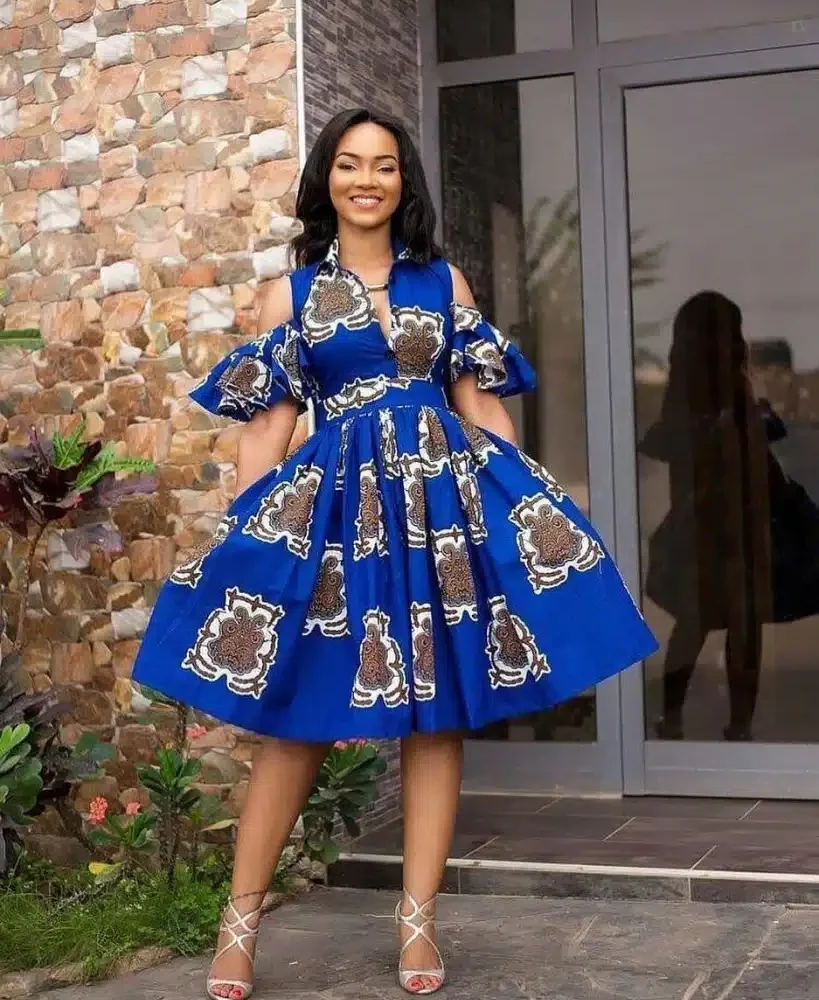Introduction to African Fashion
African fashion, a vibrant tapestry of tradition and innovation, has gained global recognition in recent years. From traditional styles deeply rooted in cultural diversity to contemporary trends celebrated on international runways, the fashion landscape of Africa is as diverse as the continent itself.
Traditional African Styles
The rich cultural diversity across www.latestfashion.us/ is reflected in its traditional fashion. Each region boasts unique styles, fabrics, and accessories, contributing to the colorful tapestry of African fashion. The influence of these traditional styles on modern fashion is undeniable, with designers drawing inspiration from centuries-old techniques.
Contemporary African Fashion Icons
In recent times, African designers have risen to prominence on the global stage. Visionaries like Ozwald Boateng and Deola Sagoe have not only garnered international acclaim but have also inspired a new generation of fashion enthusiasts. The global recognition of these designers marks a shift in the fashion landscape, showcasing Africa’s contribution to the industry.
Incorporating African Styles in Everyday Fashion
The integration of traditional African fabrics and styles into everyday fashion has become a trendsetter. Designers worldwide are incorporating African prints, beads, and patterns into their collections, providing a refreshing take on modern fashion. Accessories like beaded jewelry and tribal-inspired elements have also gained popularity.
African Print Fabrics: A Trendsetter
African print fabrics, characterized vibrant colors and bold patterns, have become synonymous with the continent’s fashion identity. The popularity of these fabrics has transcended borders, influencing designers globally. From casual wear to haute couture, African prints have become a symbol of cultural pride and a fashion statement.
Runway to Everyday: Adapting High Fashion
Translating high-fashion runway trends into everyday wear has become more accessible with affordable alternatives. Designers are now creating ready-to-wear collections inspired African aesthetics, making these styles accessible to a broader audience. This democratization of fashion allows enthusiasts to embrace African influences in their daily wardrobes.
African Influences in Western Fashion
The fusion of African styles with Western fashion has resulted in innovative and eclectic designs. However, this has sparked debates on cultural appreciation versus appropriation. While some celebrate the cross-cultural exchange, others raise concerns about the need for respectful representation and acknowledgment of the origins of these styles.
Fashion Shows and Events Celebrating African Styles
Major fashion events dedicated to showcasing African talent, such as Lagos Fashion Week and South Africa Fashion Week, have become influential platforms. These events not only provide a stage for local designers but also attract international attention, contributing to the global recognition of African fashion.
Online Platforms and Influencers
Social media has played a pivotal role in propelling African fashion onto the global stage. Influencers and bloggers from the continent have garnered massive followings, showcasing the diversity of African styles. Instagram, in particular, has become a virtual runway for designers, allowing them to reach a global audience.
Sustainable Practices in African Fashion
Amidst the glamour, the African fashion industry is making strides toward sustainability. Designers are increasingly adopting eco-friendly practices, from using ethically sourced materials to promoting fair labor practices. These initiatives not only contribute to environmental conservation but also empower local artisans and communities.
Challenges Faced the African Fashion Industry
Despite its growth, the African fashion industry faces challenges. Counterfeiting of designs and lack of infrastructure are significant hurdles. Addressing these issues is crucial for the industry’s sustained growth and ensuring that the talent and creativity within the continent are protected.
Empowering Communities through Fashion
Several social initiatives aim to empower communities through fashion. These initiatives focus on skills development, creating job opportunities, and fostering economic independence. By supporting local artisans and small businesses, the fashion industry becomes a vehicle for positive social change.
African Fashion in Pop Culture
African fashion has not only found a place on runways but has also become a staple in pop culture. From being featured in blockbuster movies to influencing music videos, African styles are leaving an indelible mark on global pop culture, further solidifying their relevance.
Future Trends in African Fashion
Looking ahead, the evolution of African fashion shows no signs of slowing down. Innovations in designs, materials, and sustainable practices are anticipated to shape the industry’s future. As African designers continue to break barriers, their influence on global fashion trends is expected to grow.
Conclusion
In conclusion, the latest fashion styles in Africa showcase a dynamic blend of tradition and innovation. From traditional styles rooted in cultural diversity to contemporary designs celebrated on the global stage, African fashion has become a force to be reckoned with. As the industry continues to evolve, its impact on global fashion trends is undeniable.




